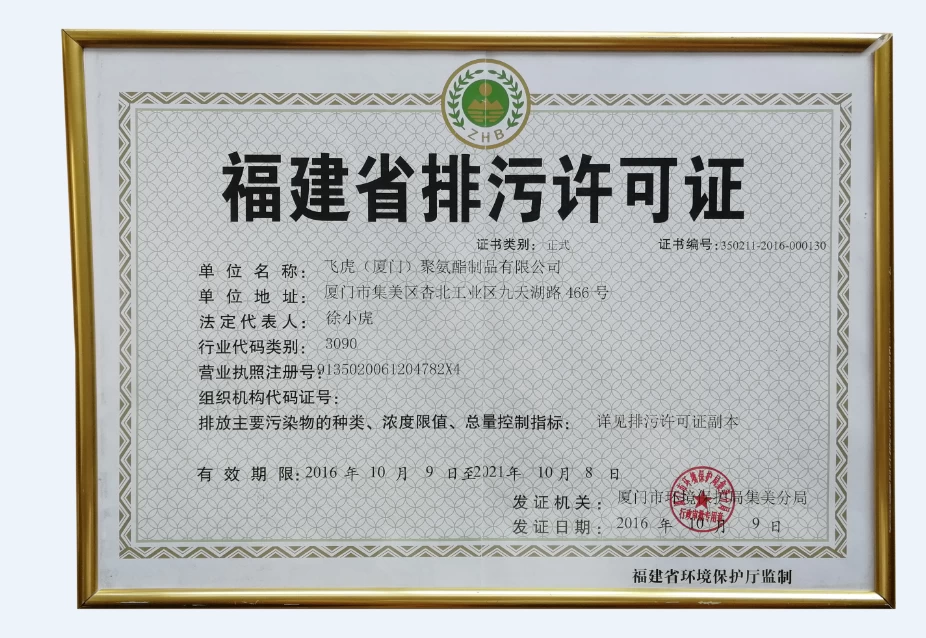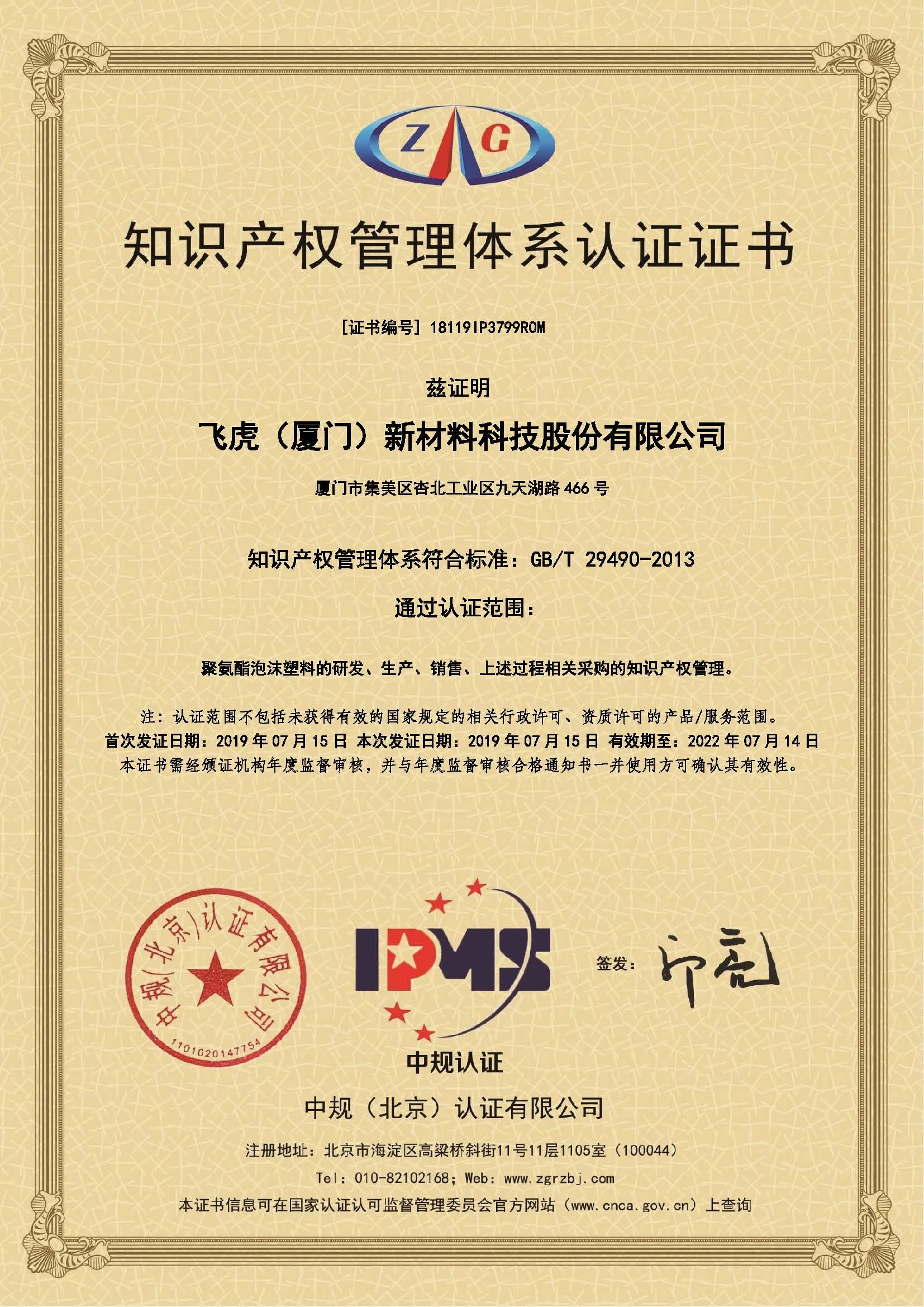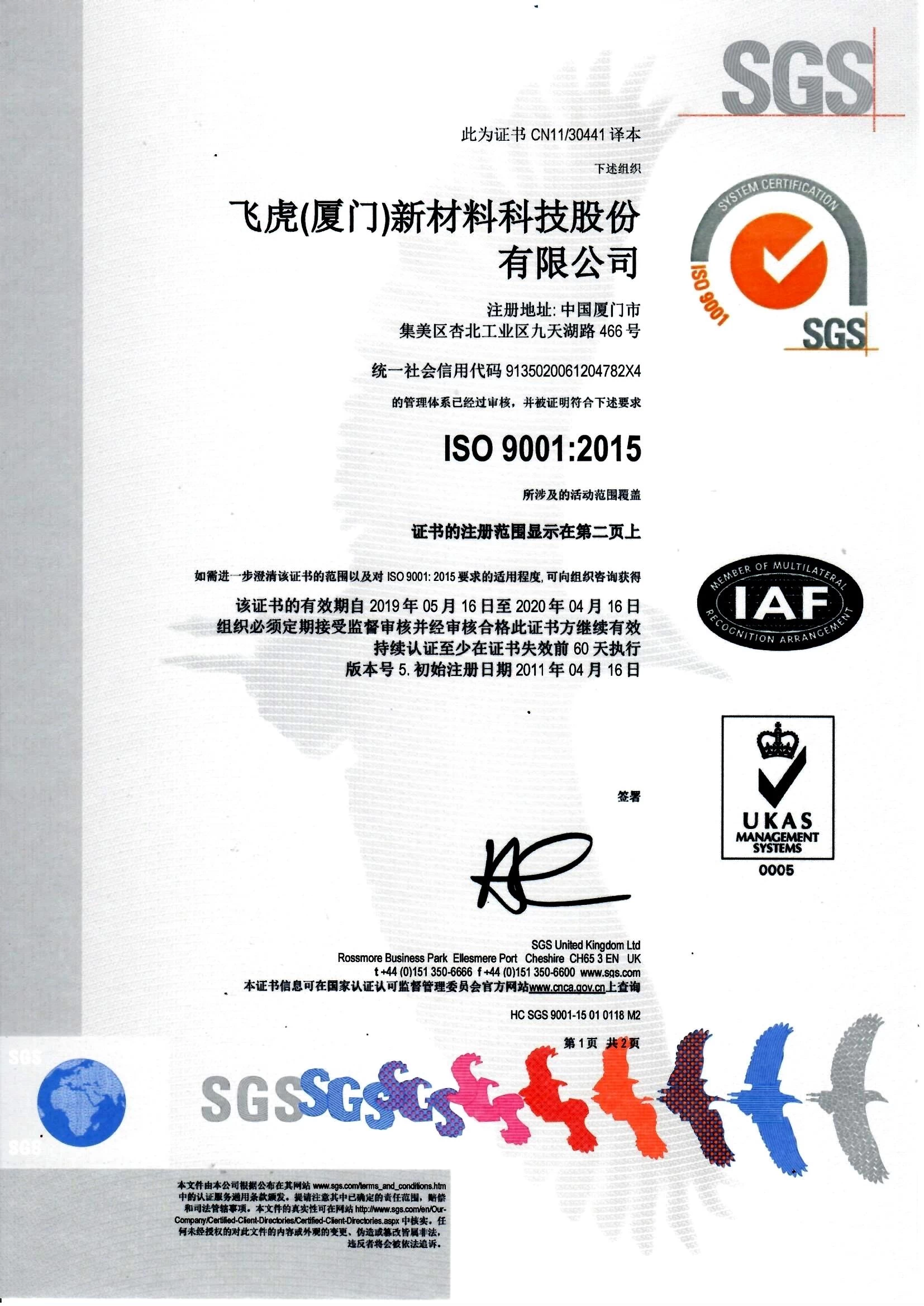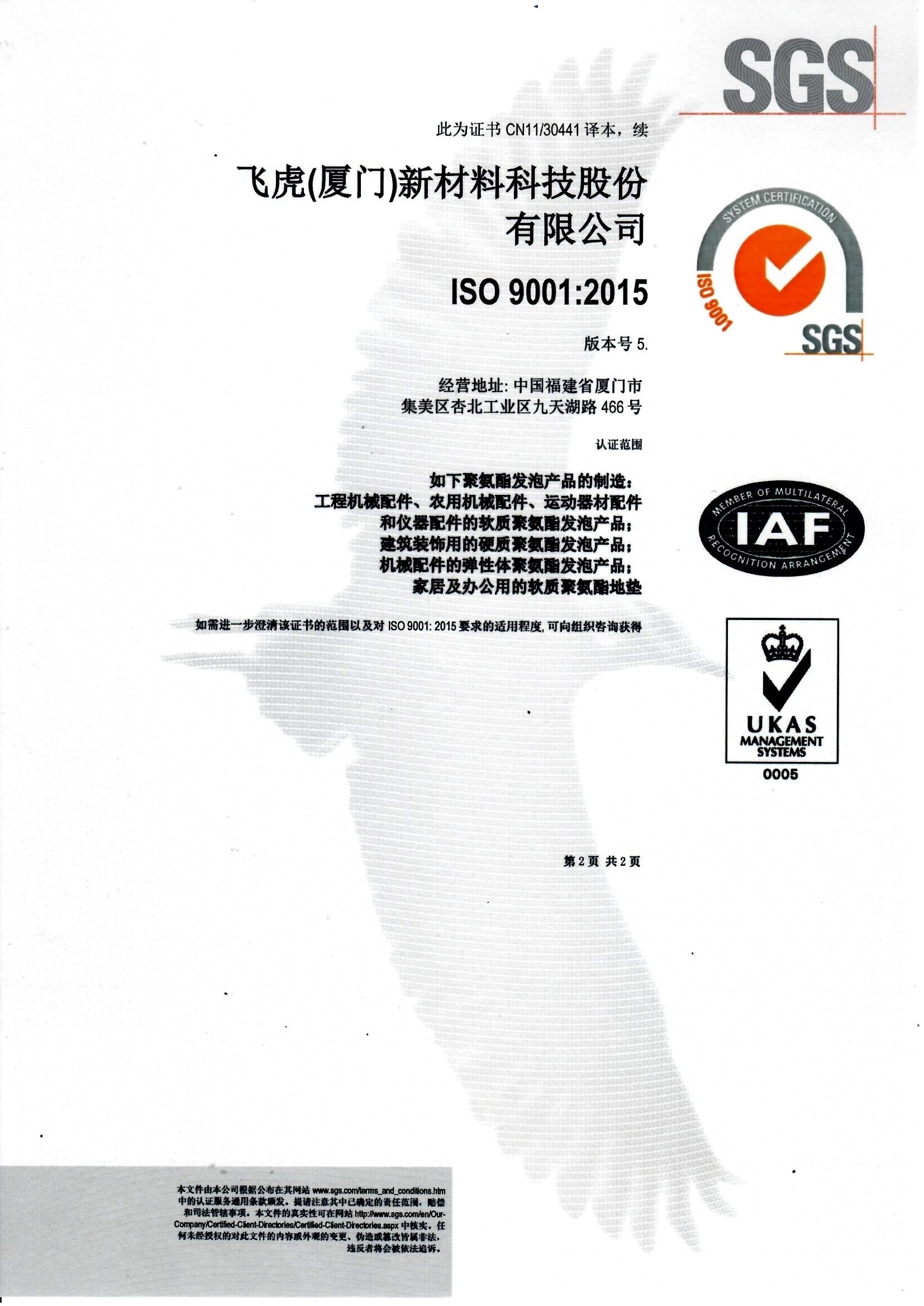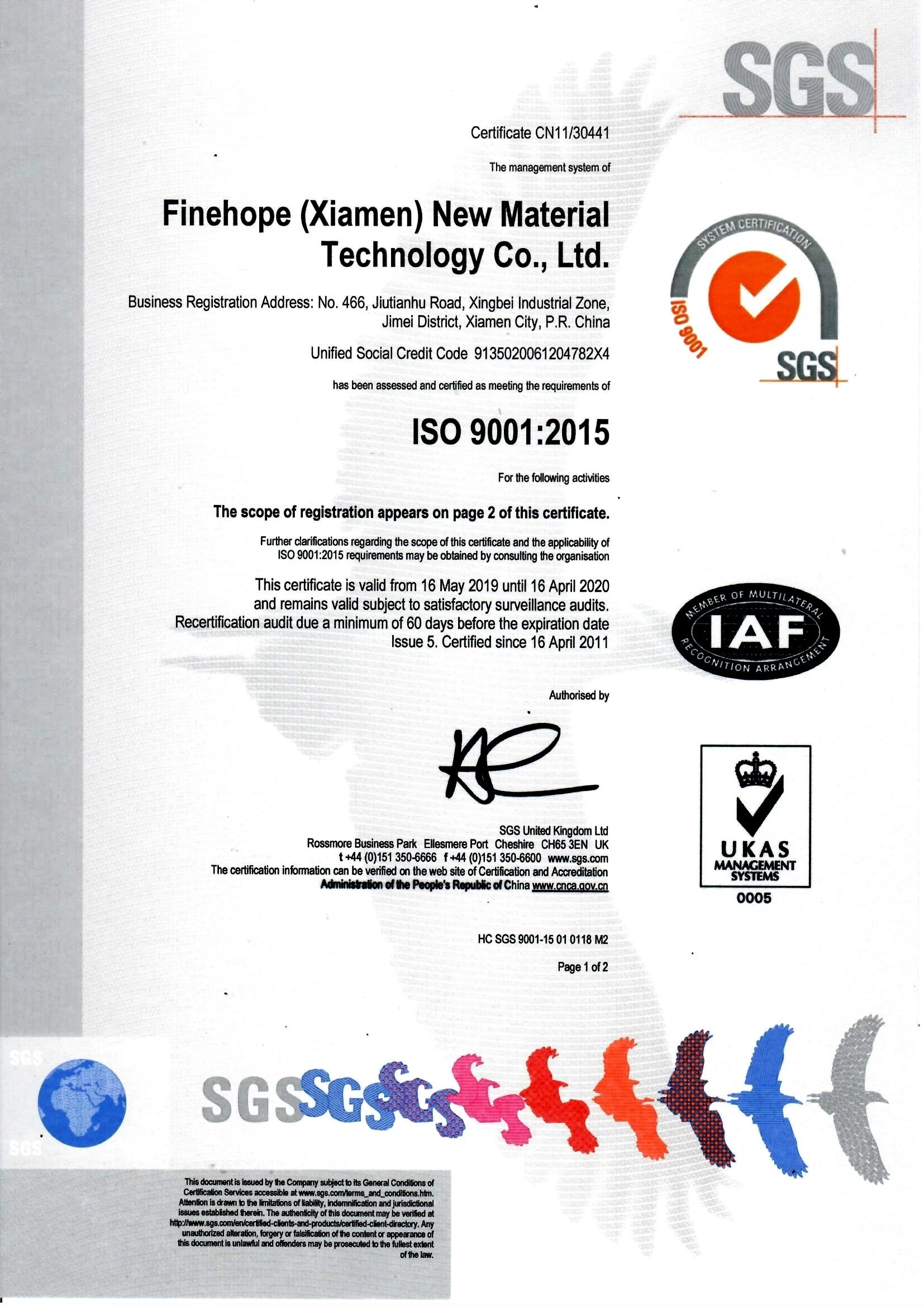People at 23 and 69 are most happy

If you’re middle-aged and miserable, don’t despair: Give it a decade or two and you’ll be feeling like a carefree young person again.
Researchers have revealed that life
satisfaction peaks at 23 and 69. People in their early twenties overestimate
their future life satisfaction by an average of around 10 per cent, before the
disappointments of life kick in.
They face decades of declining expectation before hitting
their lowest point in their mid-fifties, when regrets over unrealised dreams
are at their greatest. Satisfaction levels finally start to rise again after 55
and peak once more at 69, according to a study by the Centre for Economic
Performance at the London School of Economics.
Those aged 68 underestimate their future happiness by 4.5
per cent, meaning they no longer face disappointment, the researchers found.
The findings suggest that actresses Emma Watson and Kristen Stewart, both 23,
should relish this year.
If the research is borne out they will be optimistic but are
likely to face disappointment in the next four decades. Previous studies have
found that human contentment follows a U-shaped pattern, with those in their
early twenties and the retired ranking highest.
The pattern has been observed in more than 50 nations and across class and
financial divides. And a study by the National Academy of Sciences in the US
found evidence that even great apes can suffer a mid-life crisis.
The CEP paper, to be published this week, is the first to examine
how our expectations compare to reality at different life stages. Researcher
Hannes Schwandt, 30, analysed happiness levels for 23,161 Germans aged 17 to
85.
Dr Schwandt, who is based at Princeton University in the US but is
a visiting researcher at the London centre, said: ‘One theory is that the U-shape
is driven by unmet aspirations which are painfully felt in midlife but
beneficially abandoned later in life.
People in their fifties could learn from the elderly, who
generally feel less regret. They should try not to be frustrated by their unmet
expectations because they are probably not feeling much worse than their peers.
Related news:
- polyurethane waterproof wall panels, pu durable floor panels, outdoor pu foam floor panels, indoor pu foam wall panels
- Polyurethane carving pumpkins, fake pumpkins wholesale, pumpkin decorating ideas, artificial pumpkins for sale, fake pumpkins for sale
- PU polyurethane life jackets,inflatable life jacket,belt life jacket,personalized life jacket
- Eco-friendly PU foam baby stroller tyre,pu foam strolller tyre wheel,pu solid stroller wheel tyre,cheap professional pu stroller tyre
- comfortable memory pu foam pillow,professional pu slow rebound pillow, sleep helper memory pillow, manufacturer polyurethane foam pillow





